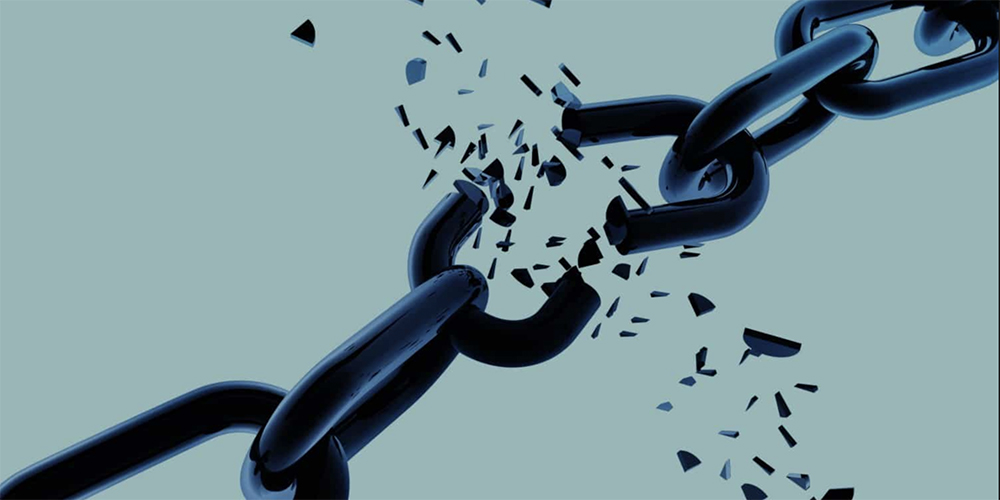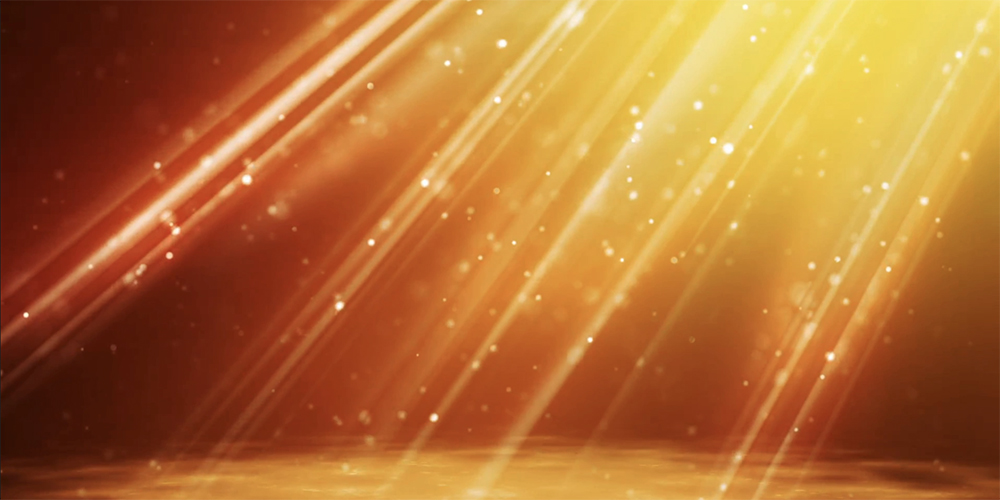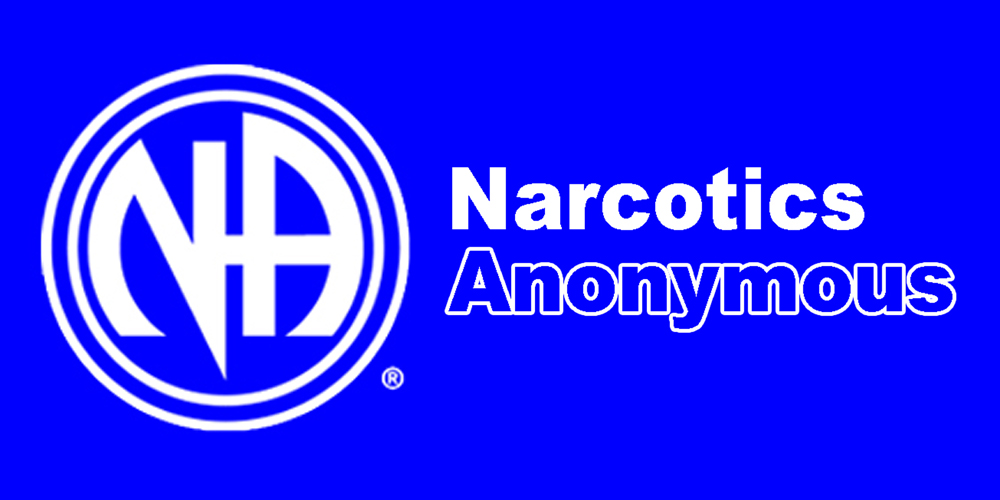12 Step Program-Step 2
Step Two
We came to believe that a Power greater than ourselves could restore us to sanity.”
The process of coming to believe is something that addicts seem to experience in similar ways. One thing most of them lacked was a working relationship with a Higher Power.
It is quite likely that, before coming to a 12 Step Program, addicts never believed in any power but their own willpower, and that had failed them. 12 Step Programs introduce them to a new understanding.
They draw hope from this understanding and begin to comprehend what it means to believe that a power greater than themselves can restore them to sanity. They find additional hope by listening to other recovering addicts. They can relate to where they’ve been and draw hope from who they’ve become.
They listen closely at meetings and become willing to apply what they hear to their own lives. As they begin to believe that there is hope for them, they also begin to trust the process of recovery.
They begin to develop this relationship by simply admitting to the possibility of a Power greater than themselves. Most of them have no trouble admitting that addiction had become a destructive force in their lives.
Their best efforts resulted in ever greater destruction and despair. At some point they realized they needed the help of some Power greater than their addiction. Their understanding of a Higher Power is up to them.
No one is going to decide for them. They can call it the group, the program, or they can call it God. The only suggested guidelines are that this Power be loving, caring and greater than themselves.
They don’t have to be religious to accept this idea. The point is that they open their minds to believe. They may have difficulty with this, but by keeping an open mind, sooner or later, they find the help they need.
As addicts approach Step Two, they can practice the principle of honesty by acknowledging and sharing what they do or don’t believe about a Power greater than themselves. Developing their openmindedness requires some effort, but they can practice this principle by listening to other recovering addicts share how they came to believe.
Step Two We came to believe that a









